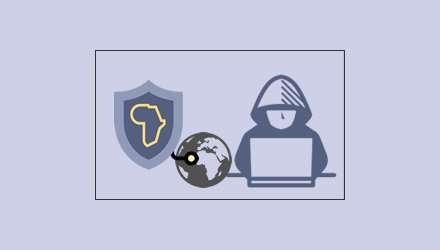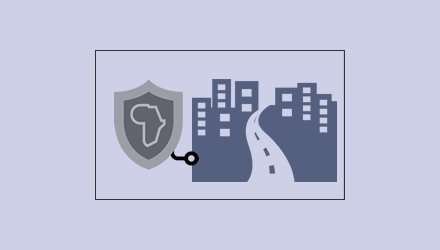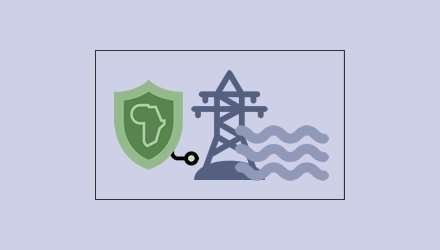US-Africa Cybersecurity Group
US-Africa Cybersecurity Group (USAFCG) works as an effective catalyst for the harmonization of cybersecurity policies and the implementation of practical solutions in Africa.
USAFCG is a US-based collaborative organization designed to foster the development and implementation of cybersecurity strategies and initiatives in the public and private sectors taking into account scientific, technological, economic and financial, political, and sociocultural dimensions of the “whole of society” in Africa.
Cybersecurity challenges for Africa
Africa is facing several Internet-related challenges in relation to security risk, intellectual property infringement and protection of personal data. Cybercriminals target people inside and outside their national boundaries and most African governments have neither the technical, nor the financial capacity to target and monitor electronic exchanges deemed sensitive for national security.
One of the main challenges includes the inability to develop the necessary cybersecurity legal frameworks to fight cybercrime. A survey of 21 countries conducted by the UN Economic Commission for Africa (ECA) found that while many countries had proposed legislations, the level of deployment of security systems in both the private and the public sectors to combat cybercrime was low.
USAFCG engages the “whole of society” in a process-based approach including government, legal frameworks, defense, civil society, media, the youth and the public at large, delivering knowledge, technological resources for a sustained training, capacity building and readiness to tackle cybersecurity challenges.
USAFCG applies an effective strategic partnering strategy to increase competency and provide comprehensive technical assistance, training and capacity building to clients across industries.
We are able to deliver on an implementation framework including coordination and cooperation, engagement and assessment, training, education and exercise, technical assistance and support.




